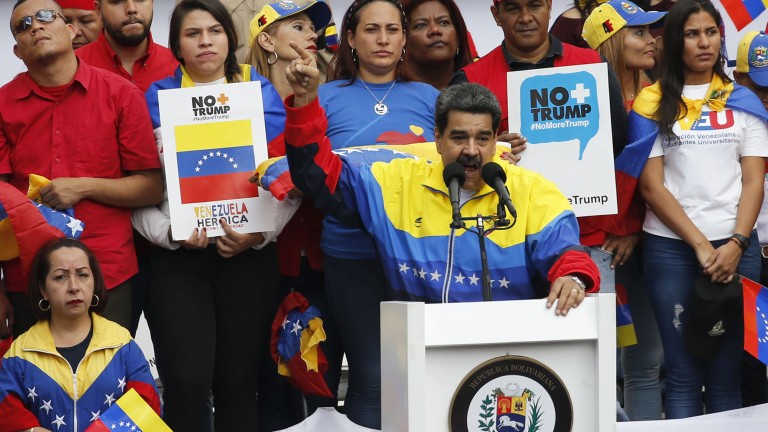Venezuela’s state-owned oil company Petroleos de Venezuela SA (PDVSA) wants to send Bitcoin to the nation’s central bank, which itself is running tests to figure out if it can hold cryptocurrency in its reserves, according to a new report from Bloomberg.
Hold on. Why would it do that? US sanctions have left Venezuela isolated from the global financial system. That’s led President Nicolas Maduro’s regime to look for new ways to move money around the world. For example, last year it tried (and failed) to launch the world’s first sovereign cryptocurrency, the petro. Recently it was reported that Maduro’s administration devised a separate scheme to convert airline taxes into dollars by first converting the money to Bitcoin.
According to Bloomberg, it’s not clear how PDVSA acquired its cryptocurrency, or how much it holds. But the company may have turned to it because the sanctions have made it difficult to get paid using conventional channels.
Why is the central bank involved? That’s not entirely clear. Bloomberg speculates that PDVSA may be hesitant to sell its digital coins on the open market. Apparently it wants the central bank to use the cryptocurrency to pay entities to which PDVSA owes cash.
Why it matters: The dollar is the world’s most popular reserve currency, meaning other nations use dollars to participate in international trade, and those without access to this system struggle to do so. Digital currencies like Bitcoin could change that.
Keep up with the fast-moving and sometimes baffling world of cryptocurrencies and blockchains with our weekly newsletter Chain Letter. Subscribe here. It’s free!

